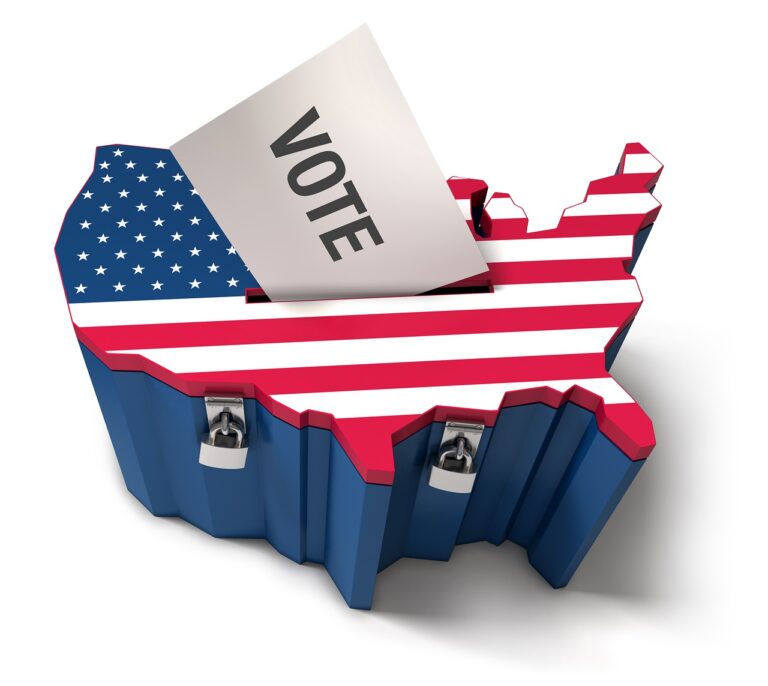The Role of Election Auditing in Ensuring Representation for Minority Voters
11xplay, gold365.win, skyexchange registration:Election auditing plays a crucial role in ensuring representation for minority voters. With the increasing focus on the integrity of electoral processes, auditing procedures have become a vital component of maintaining fair and transparent elections. In this article, we will explore the significance of election auditing in protecting the rights of minority voters and promoting democratic principles.
Understanding Election Auditing
Election auditing refers to the process of reviewing and verifying election results to ensure accuracy and integrity. This procedure involves examining various aspects of the electoral process, such as voter registration, ballot handling, and vote counting. By conducting audits, election officials can identify and address any discrepancies or irregularities that may impact the outcome of an election.
The Role of Election Auditing in Ensuring Representation for Minority Voters
Minority voters often face unique challenges when participating in elections, including barriers to voter registration, discrimination at the polls, and lack of access to information about candidates and ballot measures. Election auditing helps to address these challenges by:
1. Ensuring Equal Access to the Electoral Process
Election auditing helps to identify and eliminate barriers that may prevent minority voters from participating in the electoral process. By reviewing voter registration practices and polling place accessibility, auditors can help ensure that all eligible voters, regardless of their race, ethnicity, or socio-economic status, have equal access to the ballot box.
2. Preventing Voter Suppression
Minority voters are disproportionately affected by voter suppression tactics, such as voter ID laws, gerrymandering, and purges of voter rolls. Through rigorous auditing of election procedures, auditors can detect and deter efforts to disenfranchise minority voters, thereby safeguarding their right to participate in the democratic process.
3. Promoting Trust in the Electoral System
Minority voters often express concerns about the fairness and accuracy of elections, citing instances of voter fraud, tampering with electronic voting machines, and other irregularities. Election auditing helps to build trust and confidence in the electoral system by providing independent oversight and verification of election results, reassuring minority voters that their voices will be heard.
4. Enhancing Transparency and Accountability
By conducting thorough audits of election processes, officials can demonstrate transparency and accountability in the administration of elections. Auditors can track the chain of custody of ballots, verify the accuracy of vote counts, and address any discrepancies or anomalies that may arise during the electoral process, ensuring that minority voters’ interests are protected.
5. Identifying and Correcting Errors
Election auditing serves as a vital tool for identifying and correcting errors that may impact the outcome of an election. By reviewing voting procedures, conducting post-election audits, and implementing quality control measures, auditors can detect and rectify inaccuracies in voter registration lists, ballot design, and vote counting, ensuring that every vote is counted and every voice is heard.
6. Upholding Democratic Principles
At its core, election auditing is about upholding democratic principles and values, such as freedom of choice, equality of opportunity, and accountability to the electorate. By safeguarding the rights of minority voters through robust auditing procedures, election officials can preserve the integrity of the electoral process and uphold the fundamental tenets of democracy.
In conclusion, election auditing plays a critical role in ensuring representation for minority voters by promoting equal access to the electoral process, preventing voter suppression, building trust in the electoral system, enhancing transparency and accountability, identifying and correcting errors, and upholding democratic principles. By prioritizing the integrity and fairness of elections, auditors can protect the rights of minority voters and strengthen democracy for all members of society.
FAQs
Q: How do election auditors conduct audits?
A: Election auditors conduct audits by reviewing voter registration records, inspecting polling places, examining ballot handling procedures, conducting post-election audits of vote counts, and verifying the accuracy of election results.
Q: Are election audits mandatory?
A: The requirements for election audits vary by jurisdiction, with some states mandating audits for all elections, while others only require audits in specific circumstances, such as close races or contested results.
Q: What resources are available to help minority voters participate in elections?
A: Minority voters can access resources such as voter registration assistance, language access services, voter education materials, and legal support to overcome barriers to participation in elections.
Q: How can minority voters get involved in election auditing?
A: Minority voters can participate in election auditing by serving as poll workers, election observers, or members of audit committees, and by advocating for transparency and fairness in the electoral process.







